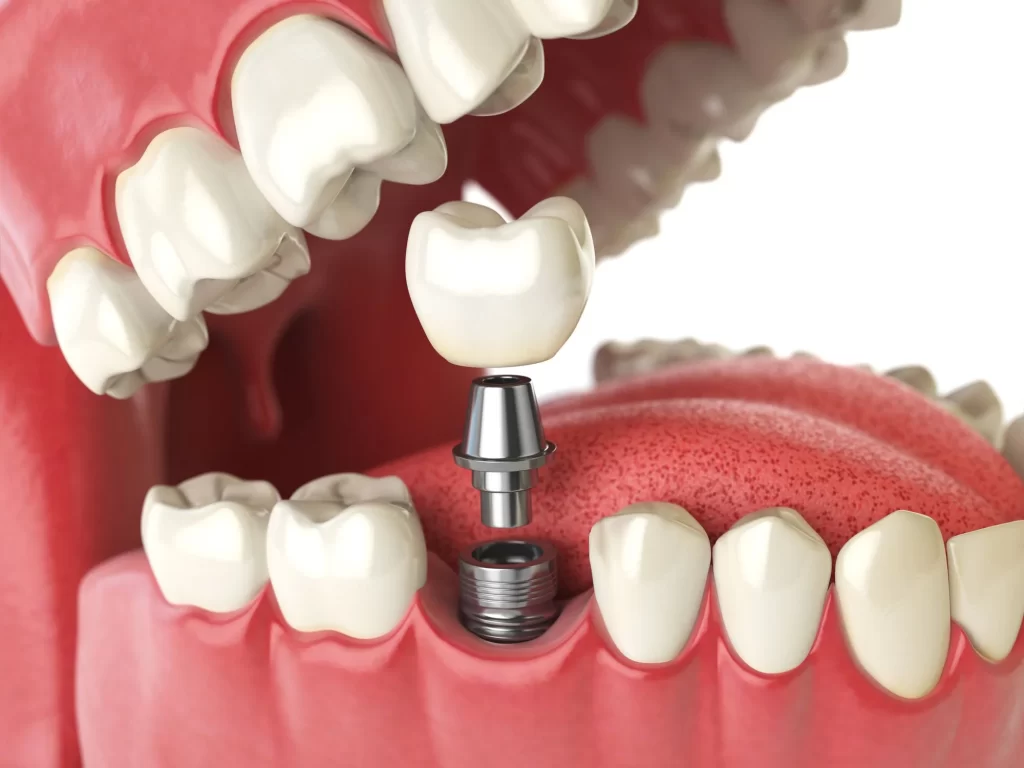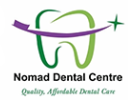Dental Services
Teeth Replacement

About Teeth Replacement
Teeth replacement is a crucial aspect of dental care that restores function, aesthetics, and overall oral health for individuals who have lost one or more teeth. Tooth loss can occur due to various reasons such as decay, gum disease, trauma, or congenital absence. Several options for teeth replacement are available, each with its own benefits and considerations. Here are the primary methods:
1. Dental Implants
Description: Dental implants are artificial tooth roots made of titanium that are surgically placed into the jawbone. A crown, bridge, or denture is then attached to the implant.
Benefits:
– Longevity: With proper care, dental implants can last a lifetime.
– Stability: They provide a stable and secure fit, similar to natural teeth.
– Bone Health: Implants stimulate the jawbone, preventing bone loss.
– Aesthetics: They look and feel like natural teeth.
Considerations:
– Surgical Procedure: Requires surgery and a healing period.
– Cost: Higher initial cost compared to other options.
– Bone Density: Sufficient bone density is needed for successful placement.
2. Dental Bridge
Description: A dental bridge is a fixed dental restoration that replaces one or more missing teeth by anchoring to the adjacent natural teeth or dental implants.
Benefits:
– Functionality: Restores chewing and speaking ability.
– Aesthetics: Can be made to match the color and shape of natural teeth.
– Less Invasive: No surgery is required for placement.
Considerations:
– Tooth Preparation: Adjacent healthy teeth need to be filed down to support the bridge.
– Durability: Typically lasts 10-15 years before needing replacement.
– Bone Loss: Does not prevent jawbone loss in the missing tooth area.
3. Dentures Description:
Dentures are removable appliances that can replace a few missing teeth (partial dentures) or an entire arch of teeth (full dentures).
Benefits:
– Non-Invasive: No surgery is required.
– Cost-Effective: Generally less expensive than implants and bridges.
– Adaptable: Can be adjusted or relined as needed.
Considerations:
– Fit and Comfort: May require adjustments to fit comfortably.
– Stability: Less stable than implants; can shift or slip while eating or speaking.
– Bone Loss: Does not prevent bone loss in the jaw.
4. All-on-4 Implants
Description: This technique uses four strategically placed dental implants to support a full arch of replacement teeth.
Benefits:
– Stability: Provides a secure and permanent solution.
– Quick Recovery: Often can be done in a single visit with immediate loading of temporary teeth.
– Bone Health: Helps maintain jawbone density.
Considerations:
– Surgical Procedure: Requires surgery, though less extensive than individual implants for each tooth.
-Cost: Higher cost but typically less than replacing each tooth with individual implants.
– Eligibility: Not suitable for all patients, depending on bone quality and quantity.
Conclusion
Choosing the right teeth replacement option depends on various factors, including the number of missing teeth, the health of the remaining teeth and gums, the patient’s overall health, budget, and personal preferences. Consulting with a dental professional is essential to determine the most appropriate solution for individual needs, ensuring a successful and satisfactory outcome.
Frequently Asked Questions
Dental implants are artificial tooth roots typically made of titanium that are surgically placed into the jawbone. They provide a stable foundation for replacement teeth such as crowns, bridges, or dentures.
With proper care, dental implants can last a lifetime. They are durable and designed to function like natural teeth.
Dental bridges restore functionality and aesthetics by replacing missing teeth. They can be less invasive than implants, are fixed in place, and can be made to match the appearance of natural teeth.
Dentures are removable and can sometimes shift or slip, affecting comfort and speech. They also do not prevent bone loss in the jawbone where teeth are missing.
All-on-4 implants use four strategically placed implants to support a full arch of replacement teeth. This method provides stability, reduces treatment time, and helps maintain jawbone density.
Choosing between dental implants, bridges, or dentures depends on factors such as the number of missing teeth, overall oral health, budget, and personal preferences. Consulting with a dental professional is essential to determine the most suitable option.
Nomad Dental Centre
We understand just how closely connected oral health is to your overall health, confidence, and appearance, and we pride ourselves on cultivating a friendly, upbeat dental environment where you can always feel comfortable in our care.
Our Newsletter
Services
Address
- P.O. BOX 781-10100
- Peak Business center,
- 1st Floor. Nyeri, Kenya
Email Us
- info@nomaddental.com
- sales@nomaddental.com
Contacts
- Tel: 061 2034799
- Tel: 0738 171 377
